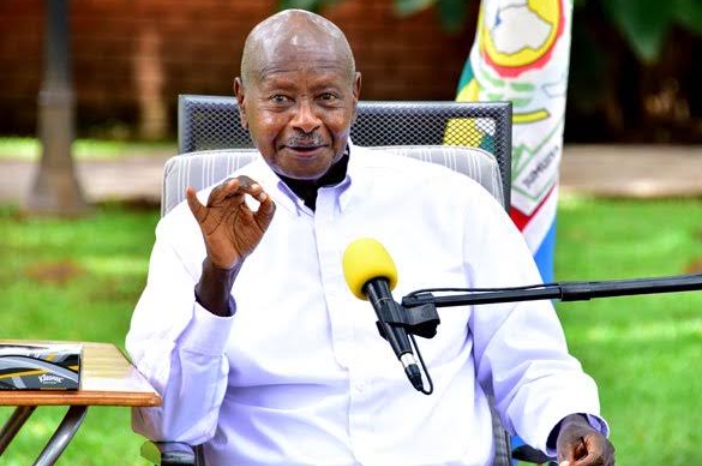War against corruption resumes at grassroots

The Directorate of Ethics and Integrity has started revitalizing the district anti-corruption committees as the government resumes the war against corruption right from the grassroots.
This comes after president Museveni, for the fourth time yesterday within three weeks addressed the problem of widespread corruption at the heart of government, emphasizing that he means business in his renewed war on graft.
These committees called the District Integrity Promotion Forums are mandated to promote ethical conduct, unblock service delivery bottlenecks as well as fight corruption at local governments.
According to the Inspectorate of Government, local governments are marred by corruption in the form of absenteeism, ghost workers in schools and health centres, medicines and medical supplies being sold to patients, government projects not supervised or implemented according to plan, shoddy construction works going on unchecked, nepotism as well as illegalities in procurement.
Nicholas Abola, the commissioner communication and information at the Directorate of Ethics and Integrity, is however, optimistic that their anti-corruption committees spread across the country are a big boost in the fight against corruption at the district level.
“The fight against corruption must be intensified if the government is to walk the talk right from the local level,” he said while addressing members of the DIPF from Lango Sub-region in Lira City last week.
Local leaders acknowledged that corruption in most cases is covert and the perpetrators have confidence in their ability to get away with it undetected. This is because there is usually a meeting of minds or mutual agreement between the corruptor and the corrupted.
But the leaders have demanded that the government should set up regional anti-corruption courts to ease the fight against the vice.
The regional anti-corruption courts will handle a wide range of cases, including but not limited to bribery, embezzlement, abuse of office, fraud, causing financial loss, corruption, and nepotism, among others.
The demand for the establishment of the anti-corruption court in Lango comes at a time when institutions, which would have helped to curtail the vice, are reportedly being used by the perpetrators, especially public officials for personal enrichment.
Mr Francis Abola, Otuke LC5 chairman, said the establishment of regional court will bring services closer to local administrative units and reduce wasteful expenditure.
“You find there is an issue of Shs2 million that got lost somewhere and would require the intervention of the anti-corruption agencies. And for this anti-corruption agency to come from the centre, they may not come with less than three vehicles and at the end of the day, they end up spending Shs10m to come and recover Shs2m,” he said.
Mr Abola said the Decentralization Policy requires that local governments manage their resources including their affairs but over time the issue of corruption is not controlled.
Apac District Police Commander, Mr Rogers Kapere, noted that because so many agencies from Kampala come down to follow corruption-related cases, some files end up getting lost. “Then instead of solving a problem, we end up creating a problem,” he said.
Mr Fred Ogwal, the chairperson of Lira City Service Commission, advised the government to carry out a performance audit in the fight against corruption.
“When you are coming to us to say that we are corrupt, give us documents to show. Are we so powerful that you cannot arrest us and you only move pointing at our back that we are corrupt?” he charged.
The anti-corruption actors in Uganda recognise that corruption and maladministration are serious problems, which have far-reaching effects on the development of Uganda and the welfare of citizens. The roots of corruption run deep in the society making it a complex dynamic and perverse phenomenon.







